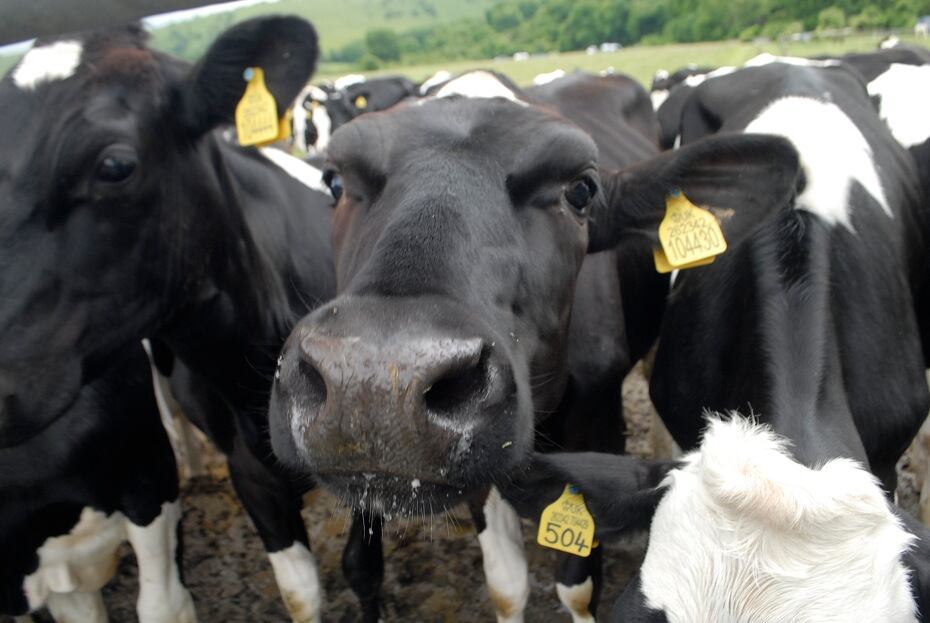Allergy alert: Asia-imported bakery products contain highest number of undeclared allergens in Australia
Asian bakery product imports have been found to contain the highest number of undeclared allergens compared to other food and beverage products sold from the region, according to a new study.
The study was conducted using packaged food samples collected from Asian retail grocery stores across Melbourne, Australia. Based on the Food Standards Australia New Zealand (FSANZ) food recall guidance list, these were categorised into ‘Mixed and/or Processed Foods’, ‘Bread and Bakery’, ‘Confectionery’ and ‘Non-Alcoholic Beverages.
The researchers performed analysis to detect the presence of the undeclared gluten, milk, peanut and egg allergens, and found that 46% (23/50) of the analysed food products contained undeclared allergens, with 18% containing multiple types of allergens in them.
“The highest number of allergens was detected in the ‘Bread and Bakery’ category with 26 allergens across 14 products,” study lead author Professor Andreas Lopata, head of the James Cook University Molecular Allergy Research Laboratory, told FoodNavigator-Asia.
Prospective fathers should stop drinking alcohol to cut foetal heart risks: China study
Prospective fathers should cut down on drinking when couples try to conceive, according to a Chinese study that has linked paternal alcohol consumption to a higher chance of congenital heart disease.
The findings have come as a surprise to scientists, who until now had discounted much of the father’s lifestyle prior to conception.
Previous studies investigating the link between alcohol and congenital heart disease have focused on prospective mothers, with inconclusive results.
This is the first meta-analysis to examine the role of paternal alcohol drinking. More research is now needed, especially surrounding a father's wider health.
Both aspiring parents should avoid drinking alcohol prior to conception to protect against congenital heart defects, according the study, which was published in the European Journal of Preventive Cardiology.
Seeing red: NZ and Australian academics voice dismay at processed and red meat recommendations
In the wake of several controversial recent studies that have linked meat consumption with increased cancer risk, an equally contentious series of reviews have found there are very few health benefits to cutting out meat protein.
Based on the five systemic reviews of 12 randomised trials involving about 54,000 individuals, which include some Australian and NZ data, an accompanying guideline recommends most adults should continue to eat their current levels of red and processed meat—a finding that is contrary to almost all the other guidelines that exist.
The studies, led by researchers in Canada and published in Annals of Internal Medicine, say the actual risk reductions were often trivial for people lowering their red or processed meat consumption by three servings per week, and any links between meat consumption and negative health effects are uncertain. The reviews also found people did not change their meat eating habits easily.
While many consumers will cheer these viewpoints, the research has left a number of scientists Down Under nonplussed.
NZ 'making progress' in GMO feed research as FSANZ plots food code changes
While New Zealand has not yet approved the release of genetically modified crops, its agricultural research agency’s principle scientist has said it is important that the science keeps options open so policy makers have strong evidence to draw on.
Over the last two years AgResearch has been working on the development of a genetically modified high metabolisable energy (HME) ryegrass that has been shown in its laboratories to grow up to 50% faster than the conventional crop.
Principal scientist Greg Bryan has also found it can store more energy for better animal growth, be more resistant to drought and produce up to 23% less methane from the dairy livestock it feeds.
Because of New Zealand’s ban on GMO testing outside the lab, the field testing has taken place over the last 18 months in the United States. Bryan recently returned, reporting: “The HME ryegrass has performed well in controlled growing conditions.
“We’re breeding the best novel traits into ryegrass cultivars that will best suit New Zealand growing conditions and we’re also introducing genes into the plants that have simpler genetic patterns that will make future breeding programmes easier.”
The future of food: The top 10 science, research and technology stories of 2019 under the microscope
In our year-end round up of the most-read stories relating to food science, research and technology, we recap stories about blockchain, food additives and allergens, protein and more.





